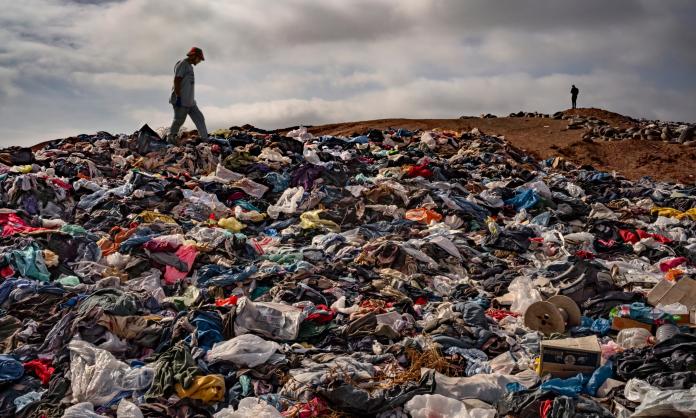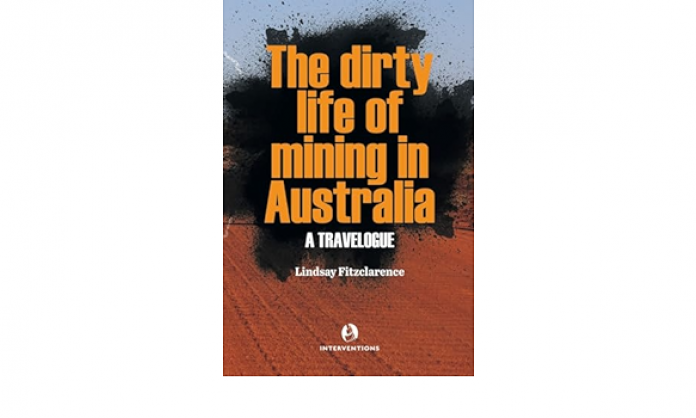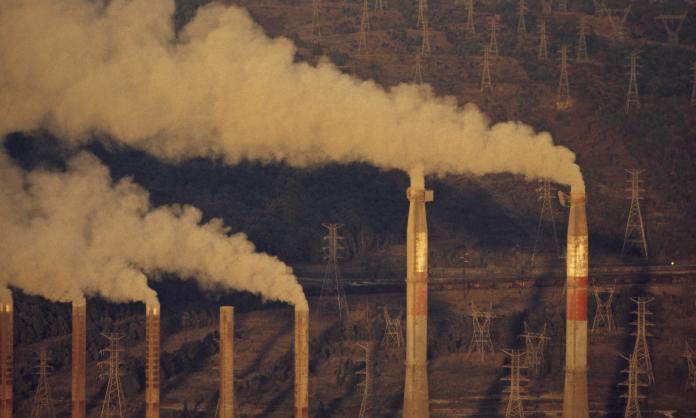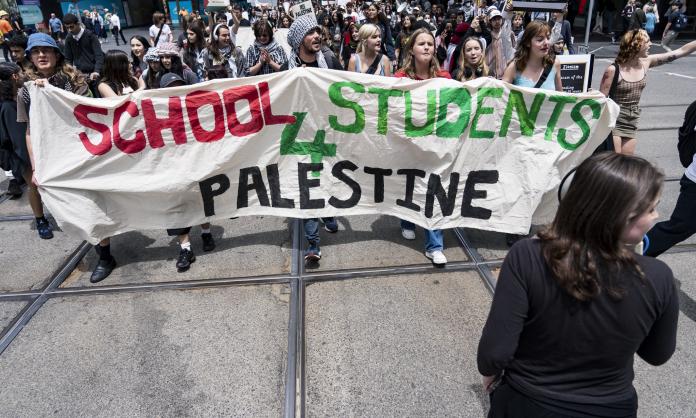As hundreds of thousands of people marched through the streets during the 20 September climate strike, talkback radio was alive with discussion. While most callers reacted favourably to the student protesters, the usual right wing cranks also got their share of airtime.
Their main talking point was one that has become wearily familiar: if those kids care so much about carbon emissions, why did some of them come to the protest in diesel-fuelled buses? If they hate capitalism so much, why were they uploading their photos on iPhones? Would they refuse to use electric lights and gas stoves to prove their commitment to the cause?
The proposition that young people cannot protest about government policies and corporate actions that pose a danger to their lives and the future of human society unless they first remove themselves from all aspects of existing society is both cynical and ludicrous.
Cynical because the only people these right wing crackpots have more contempt for than these young protesters are “ferals” who do try to remove themselves from society. Ludicrous because the argument assumes that the climate catastrophe results from individual consumer choices, not a system of rapacious, all-consuming corporate power that is sucking the planet dry.
One reason the climate deniers think this is a good line of attack is because there is a long history of environmental and climate campaigns putting a strong emphasis on changing the consumption and life choices of individuals. Whether it’s demanding people go vegan, or just extolling “green choices” when buying household goods, the idea that “everyone has to do their bit” has been a prominent part of environmentalism for decades.
It’s clear in retrospect that this was a disastrous approach. On the one hand, it lulled people into a false sense of virtuousness – as if their choice to buy eco-friendly toilet paper would make any meaningful difference to a system hurtling towards climate catastrophe. On the other, it set up other, “bad” consumers as the enemy: things would be OK if only ignorant people would stop buying gas-guzzling cars, stop eating meat and so on.
In this context, Extinction Rebellion’s call to “avoid blaming and shaming” is a positive development. As the movement’s principles state, “We live in a toxic system, but no one individual is to blame”. Ordinary people – car owners and bike riders, meat eaters and vegans, organic food shoppers and fast food junkies – all have an interest in fighting for a habitable planet. And we should be linking arms on the streets together.
But we need to be careful how we interpret the call to “avoid blaming and shaming”. Because while it’s true that your average car driver isn’t responsible for what is being done to our planet, some people definitely are responsible. The politicians enacting policies they know endanger the future of life on this planet: they are responsible. The corporate bosses who, like the cigarette companies before them, churn out an endless cycle of propaganda to disguise the fact that they are knowingly condemning the next generation to out of control global warming: they are responsible.
They should be named. And they should be shamed.
Extinction Rebellion is right to highlight the systemic nature of the problem we face. The climate crisis has been driven by the logic of the capitalist system, by the never ending competition to control and profit from the human and environmental resources of the planet, not by a few evil individuals.
But systemic analysis can hide the fact that there is always someone who gives the order to shoot, or to mine, or to lie, or to exploit. Those people hide behind the system: “It was just a business decision; I had no choice”. They shouldn’t be allowed to do so. Part of fighting for system change is fighting to expose the humans running it and holding them to account for their actions.











